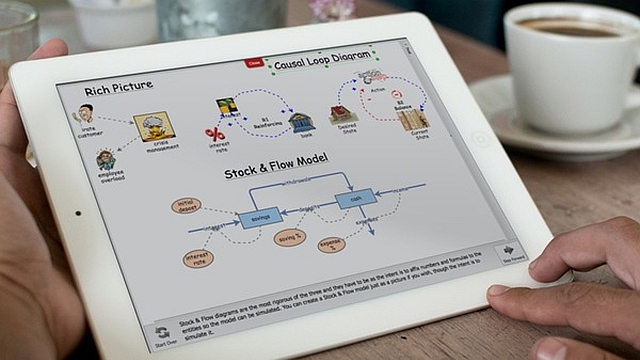
New report explores the skills of the future
Originally posted on The Horizons Tracker.
I wrote recently about a report from consultancy Cognizant that explored some of the skills we might need in the future. Their report came up with a number of possible new jobs, but they all had three core elements to them:
- Coaching – there will be a strong focus on helping people to get better at certain things.
- Caring – health and wellbeing will be increasingly important in the future as health systems struggle to cope to changing social, economic and technological trends.
- Connecting – the future will increasingly be a partnership, whether between man and machine, traditional and shadow IT or physical and virtual. Being able to bridge these worlds will be key.
It’s an issue that has also attracted the interest of software company Cornerstone OnDemand, who have teamed up with the Institute for the Future to pen a new report on core skills for the future of work.
Super-skills
The report outlines 15 so called super-skills that the authors believe will be fundamental to thriving in the future workplace. These include the ability to understand and to work with AI systems.
Central to them all however is the ability of employers to create a learning culture that provides the perfect environment for employees to learn new skills. The report advocates a number of actions organizations can take to create such a culture, including:
- Design a culture of learning. Companies that continually develop their talent will have a leg up on their competitors. A culture of learning is a strategic initiative that starts from the top, embraces modern learning technology, and celebrates and motivates learners as they grow.
- Empower employees to take initiative. Companies spend billions on corporate learning each year, but their efforts often have little to no impact due to lack of resources, minimal dedicated employee time and inefficient processes. In order to succeed, they will need to inspire their employees to take control of their learning and career development, and implement it in a way that is a part of their employees’ daily work flow.
- Deliver fresh, modern content. Many organizations struggle to keep pace with outdated learning content as new skill requirements emerge. They will need to embrace new technologies to supply their employees with the topics and formats that meet their evolving needs and interests.
“Virtually every industry and every job will be impacted by technological change, and the skills that make us successful today are not the ones that we’ll need in the future,” the authors say. “We’ve partnered with Institute for the Future to identify the evolving competencies people will need and are working closely with our clients to help them build dynamic learning cultures that will power them through this monumental workforce shift.”
Suffice to say, the report does suppose that people have an employer that is willing to invest in training. Not only is corporate training expenditure falling, but you also have a huge rise in gig economy jobs where the onus on training and development are placed firmly on the individual, both in terms of finding the time and the money to develop their skills. These challenges suggest that the disruption to jobs so many are predicting in the face of technological change will not be easily avoided.
Article source: New Report Explores the Skills of the Future.






